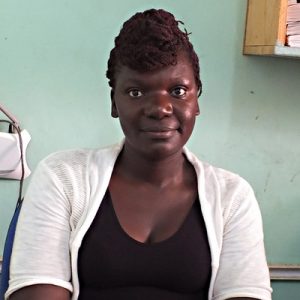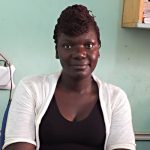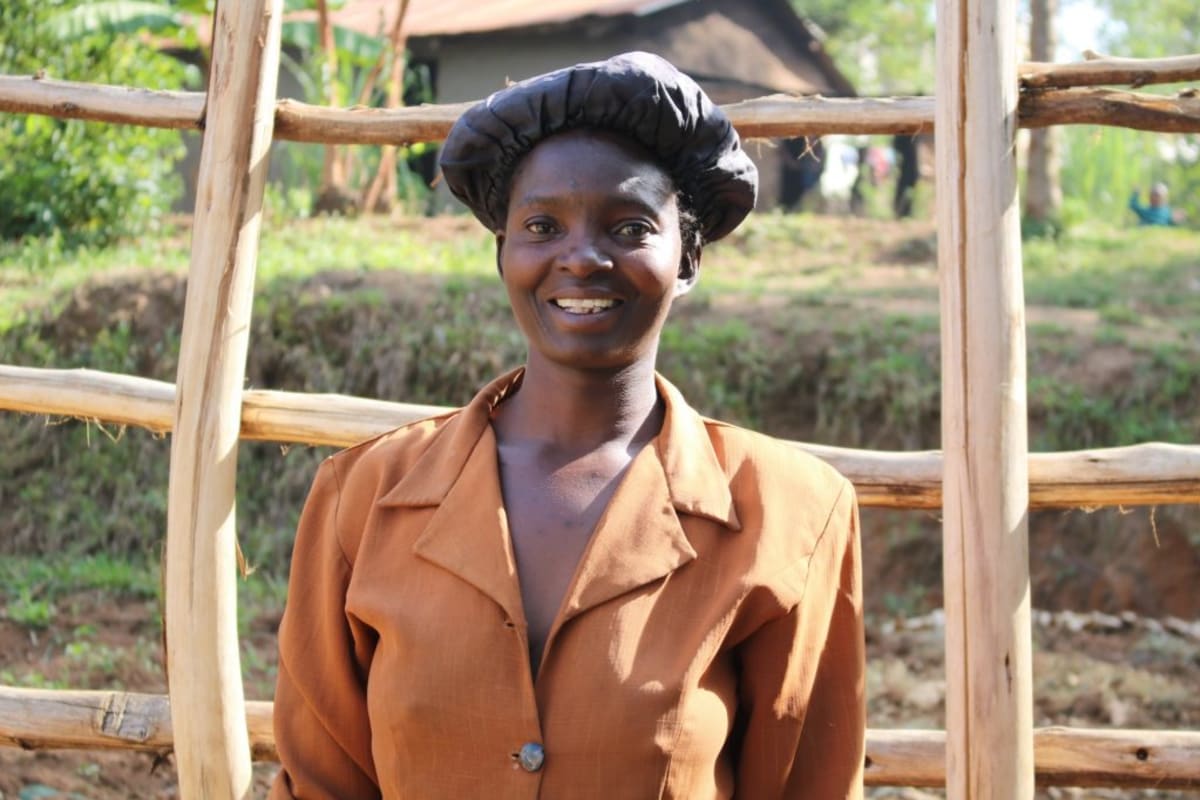It takes quite a while to get to Elukho Community not because it's far away, but because the roads are extremely poor. The dirt road even has rocks jutting out here and there, which caused trouble even for our heavy-duty vehicle.
It's a peaceful rural community where most people are farmers. They grow sugarcane, which takes at least two years to mature. In the between time, they're planting maize and beans. There are hundreds of households in this area, made of mud walls and earthen floors.
While men are on the farm throughout the day, women do house chores before they take their family's extra produce to the market for trade or sale. Some of the young men have bought cheap motorbikes to ferry others for a small fee.
Water
Women and children fetch water first thing in the morning so that they can prepare food and have water to wash their breakfast utensils. There are quite a few protected springs in the area, but the majority were dry at the time of our visit! We built Rosa Spring and were happy to see women fetching clean water there.
However, this is an area with over 700 people! One clean water source can't possibly meet all of their needs. (Learn more about how we estimate the number of people served here.) During these dry months, women dig to find water, uncovering springs that have a more reliable supply of water. But without the construction to protect them, these unearthed springs are completely open to contamination. Nonetheless, when a family needs water right away, they often have to resort to this dirty water. We observed dry grass, dirt, frogs, and algae in this water.
People suffer from typhoid, stomach ulcers, and amoebiasis after drinking this dirty water. Mr. Peter Ongare Akatsatsiri said, "Most people in this community have stomach ulcers (Induasi ya kapene), both children and the elderly. Almost all households do not practice handwashing after visiting the toilet, since access to clean water is limited. This exposes most of us in this community to stomach ailments."
Sanitation
A fifth of households in this area still lack latrines. Out of all of the homes we visited, we only found one hand-washing station, and it didn't even have any water in it. The one positive is that every single household had a clothesline for safely drying their clothes up off the ground.
Mr. Akatsatsiri added, "'Some people in this community don't have latrines, one of them being one of our village elder. This village elder cannot take measures to encourage those people who lack latrines as part of his responsibility because the community members will not listen to him since he himself doesn't have one. Although he his in the process of constructing one, which is good. Also to be honest, many people in this community don't wash their hands after visiting latrines. If I say they do, I will be lying!''
Here's what we're going to do about it:
Training
Community members will attend hygiene and sanitation training for at least two days. This training will ensure participants have the knowledge they need about healthy practices and their importance. The facilitator plans to use PHAST (Participatory Hygiene and Sanitation Transformation), CLTS (Community-Led Total Sanitation), ABCD (Asset-Based Community Development), group discussions, handouts, and demonstrations at the spring. One of the most important topics we plan to cover is the handling, storage, and treatment of water. Having a clean water source will be extremely helpful, but it is useless if water gets contaminated by the time it’s consumed. Hand-washing will also be a big topic.
Training will also result in the formation of a committee that will oversee operations and maintenance at the well.
Well Rehabilitation
When Rosa Spring is too busy, community members will no longer have to fetch contaminated water from unprotected springs.
A functional well will provide community members with an alternative clean water source that will relieve the pressure on Rosa Spring. Right now, this well is actually just an open hole in the ground with water that's completely open to contamination. Since community members report that the water in this hole is there throughout the dry season, we decided to perform a submersible pump test. We pumped the water for three hours and it never went dry; the recharge was sufficient. Once we've cleaned out the well, we'll construct a protective well pad and install a new stainless steel AfriDev pump.
This project is a part of our shared program with Safe Water and Sustainable Hygiene Initiative (SAWASHI). Our team is pleased to provide the reports for this project (edited for readability) thanks to the hard work of our friends in Kenya.

 Protected Dug Well
Protected Dug Well

































